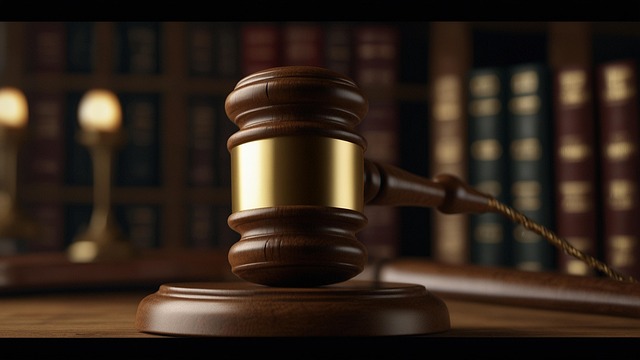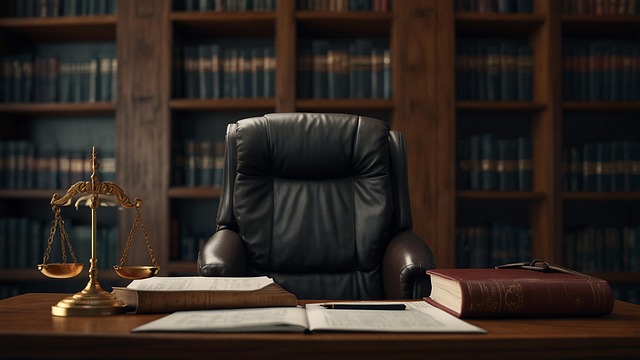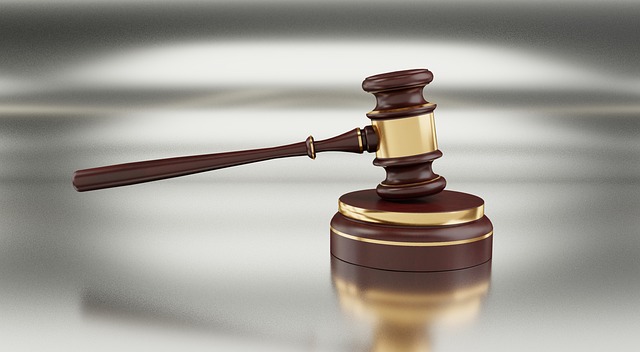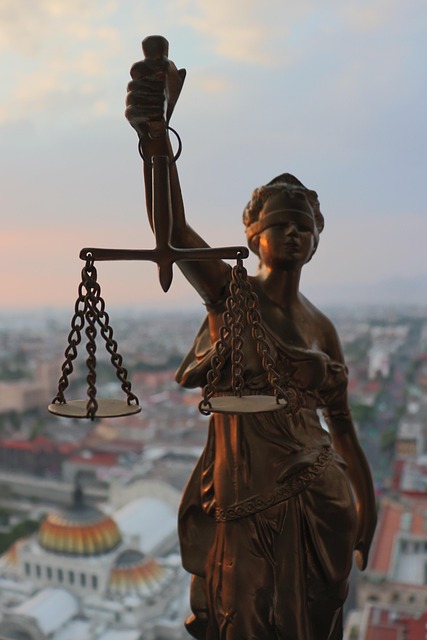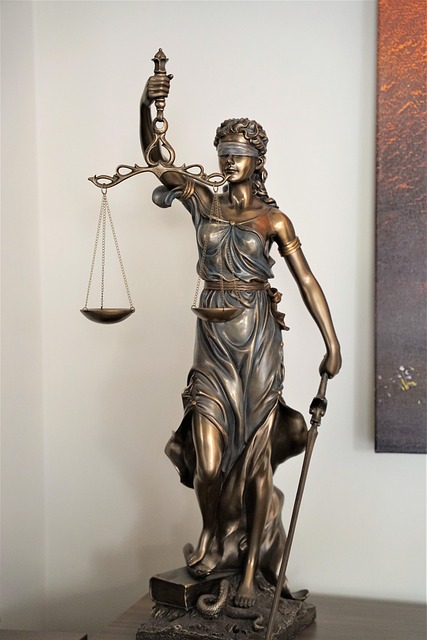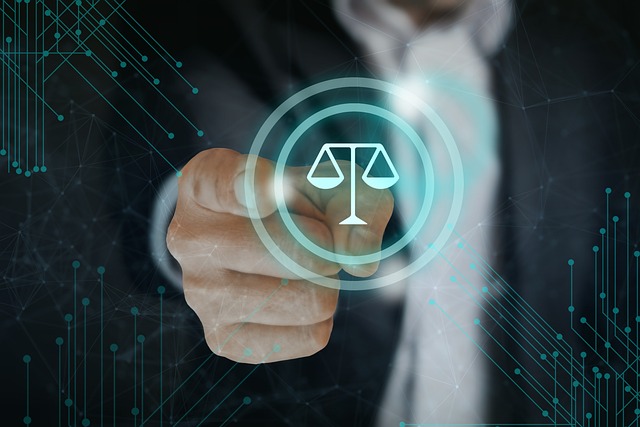Whistleblower Protection Laws safeguard individuals exposing illegal activities from retaliation during complex Criminal Procedure Appeal Processes. This process allows review of evidence and arguments to seek justice and hold businesses accountable. Understanding the appeal process, strategic legal decisions, and meticulous documentation are key to achieving success in high-stakes whistleblower cases, often requiring skilled legal counsel.
Whistleblower protection lawsuits are a crucial mechanism for individuals who expose illegal or unethical activities within organizations. This article delves into the intricate world of whistleblower protections, exploring key legal aspects. We start by understanding whistleblower laws, followed by an in-depth look at the criminal procedure appeal process explained. Navigating the appeal process, identifying common challenges, and learning successful strategies are essential for those seeking justice. By comprehending these elements, whistleblowers can strengthen their cases and ensure a fair outcome.
- Understanding Whistleblower Protection Laws
- The Role of Criminal Procedure in Appeals
- Navigating Appeal Process for Whistleblowers
- Common Challenges in Whistleblower Cases
- Strategies for Success in Legal Appeals
Understanding Whistleblower Protection Laws

Whistleblower Protection Laws are designed to safeguard individuals who expose illegal or unethical activities within their organizations from retaliation. These laws vary across jurisdictions but generally provide a legal framework for employees to report misconduct without fear of adverse consequences. Understanding these protections is crucial, especially in complex cases involving Criminal Procedure Appeal Processes. By knowing their rights, whistleblowers can navigate the appeal process more effectively, aiming for justice and achieving extraordinary results.
The Criminal Procedure Appeal Process Explained involves a series of legal steps to challenge or review criminal convictions or sentences. In the context of whistleblower lawsuits, this process ensures that businesses are held accountable for wrongdoings. With an unprecedented track record of success, whistleblowers can find support in these laws, enabling them to expose fraud, corruption, and other illicit activities while protecting their own interests.
The Role of Criminal Procedure in Appeals

The Criminal Procedure Appeal Process Explained plays a pivotal role in ensuring fairness and justice within the legal system. When individuals face charges that could lead to significant consequences, understanding their rights at each stage is essential. If convicted, an appeal offers a chance to review evidence, arguments, and procedural aspects, aiming for a winning challenging defense verdict. This process allows for the correction of errors or misinterpretations that may have influenced the original outcome.
An effective criminal procedure appeal involves meticulous scrutiny of the lower court’s decisions, including its handling of evidence presentation, witness testimonies, and legal interpretations. Lawyers specializing in this field navigate complex legal landscapes to build compelling arguments on behalf of their clients. By strategically focusing on potential avenues for avoiding indictment or reducing charges, they strive to secure favorable verdicts that protect the rights and interests of their clients.
Navigating Appeal Process for Whistleblowers

Navigating the appeal process is a critical step for whistleblowers seeking justice after facing legal repercussions for exposing wrongdoing. This journey can be complex, especially in high-stakes cases where the stakes are high and reputations are on the line. Understanding the Criminal Procedure Appeal Process Explained is essential for whistleblowers aiming to avoid indictment and defend against general criminal defense strategies employed by their accusers.
The process involves a series of legal maneuvers, including reviewing the original trial or administrative decision, identifying errors or misinterpretations of law, and presenting compelling evidence to support the appeal. Whistleblowers must carefully document any procedural irregularities or misapplications of law to build a strong case for reversal. This often requires meticulous attention to detail and the expertise of skilled legal counsel experienced in navigating such intricate matters.
Common Challenges in Whistleblower Cases

Whistleblower cases often face a unique set of challenges that can be complex and multifaceted. One significant hurdle is the Criminal Procedure Appeal Process Explained, which can be intricate and time-consuming. These cases typically involve delicate balancing acts between protecting public interest and ensuring fair procedures for both whistleblowers and the organizations they expose.
An unprecedented track record for his clients’ success has been achieved by experienced attorneys who navigate these complexities. The process often includes strategic decisions on when to pursue jury trials, considering the high stakes and potential repercussions for all parties involved. Each step requires meticulous planning and a deep understanding of both the legal framework and the unique dynamics of whistleblower cases.
Strategies for Success in Legal Appeals

When navigating the Criminal Procedure Appeal Process, understanding effective strategies for success is paramount, especially for those involved in whistleblower protection lawsuits. One key approach is to scrutinize the evidence and legal arguments presented during the original trial, identifying any potential errors or oversights. This meticulous review can reveal grounds for appeal, such as misapplication of laws, procedural irregularities, or improper witness testimony.
For instance, in cases involving white collar and economic crimes, a strong defense often hinges on subtle nuances in financial records or interpretations of complex legal statutes. Legal teams skilled in these areas can uncover inconsistencies, ensuring that their clients receive winning challenging defense verdicts by presenting compelling arguments that lead to a reversal or modification of the original judgment. Additionally, focusing on preserving a clean record during discovery and maintaining a robust evidentiary foundation throughout the trial enhances the appeal’s chances, making it less likely for appellate courts to find merit in avoiding indictment.
Whistleblower protection lawsuits play a vital role in ensuring accountability and transparency within organizations. Understanding the intricacies of whistleblower protection laws, such as those explained in this article, is crucial for both individuals seeking to come forward with valuable information and legal professionals assisting them. By navigating the appeal process effectively, whistleblowers can protect their rights while holding wrongdoers accountable. With the right strategies in place, success in legal appeals is achievable, fostering a culture of integrity and justice.
